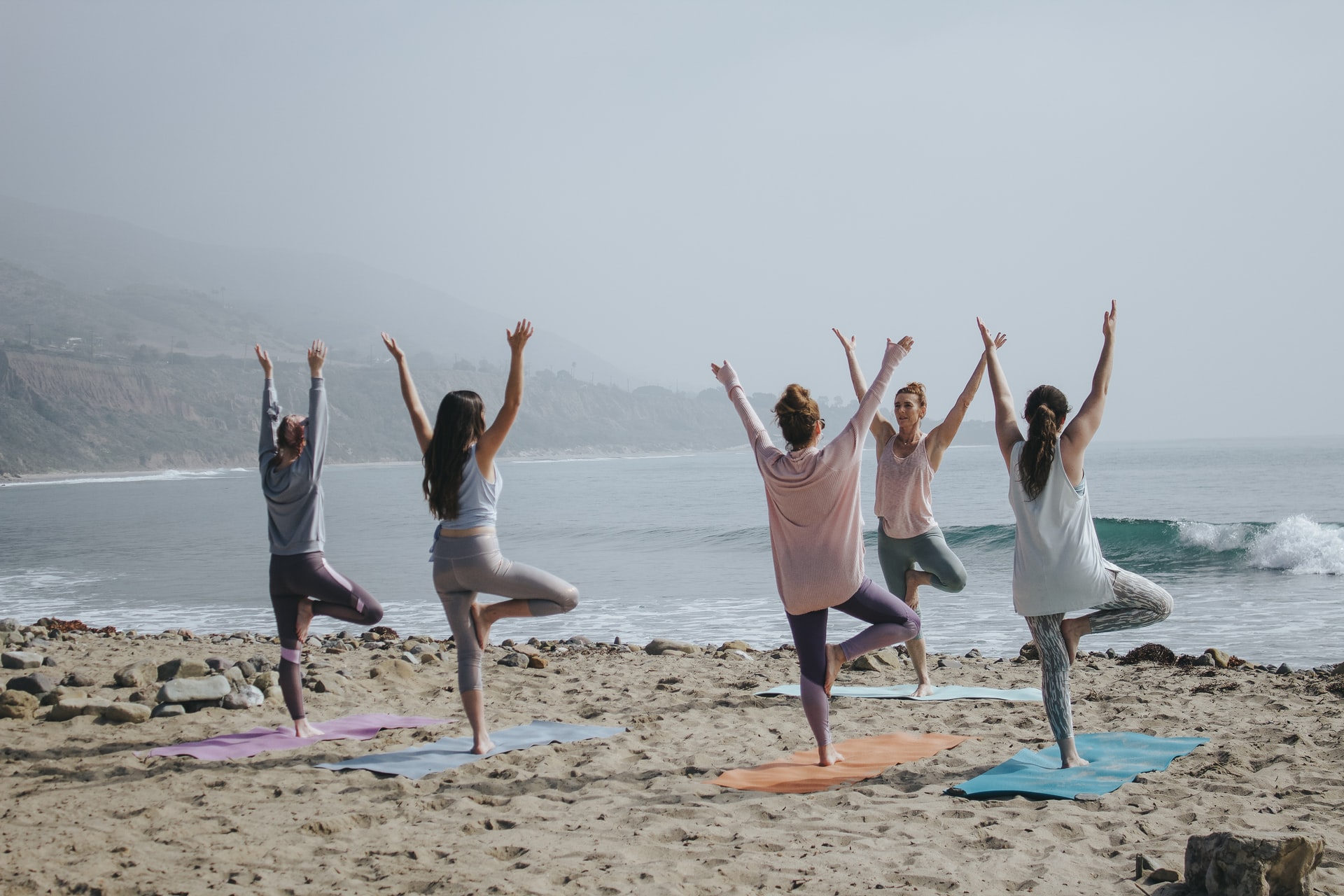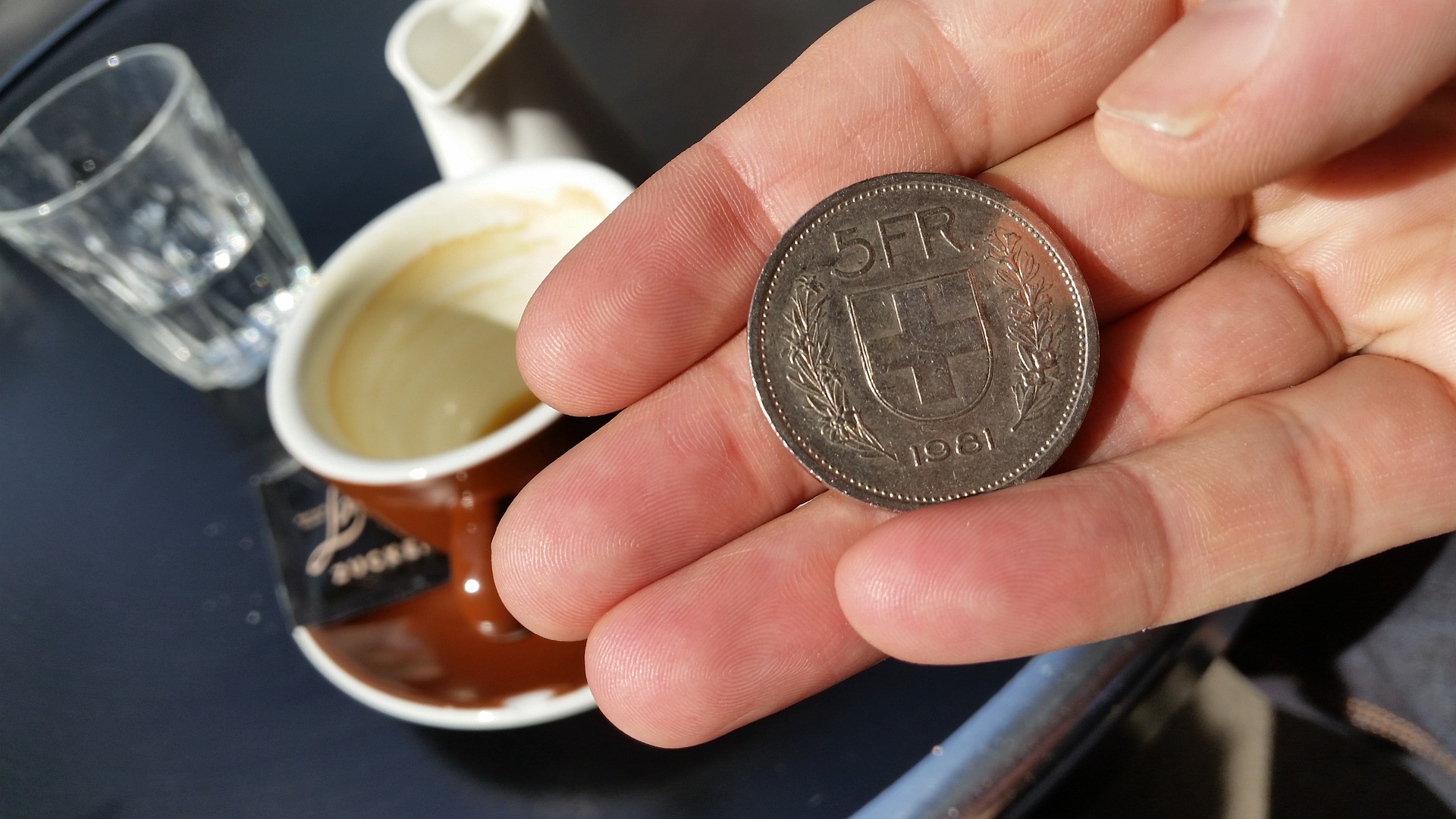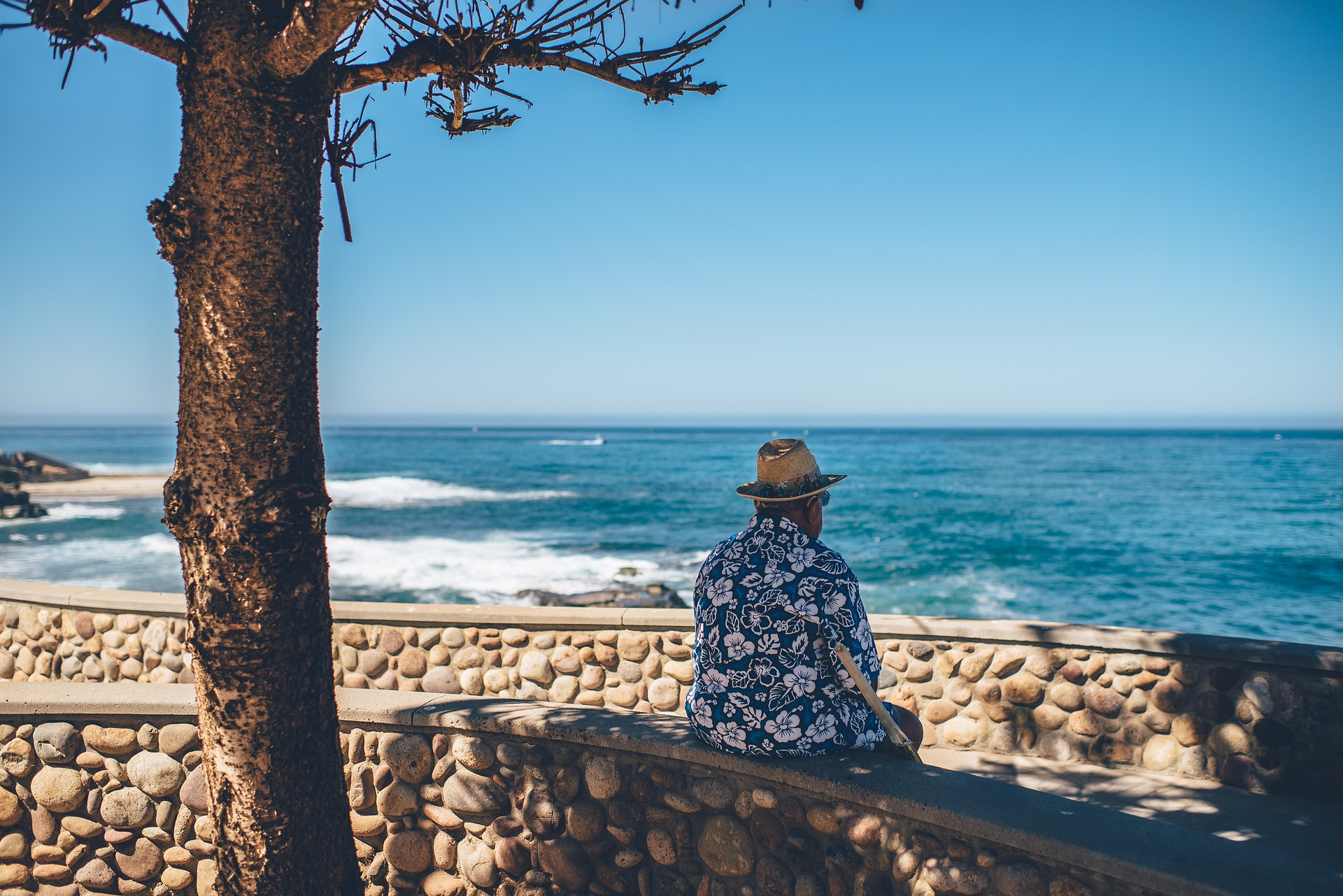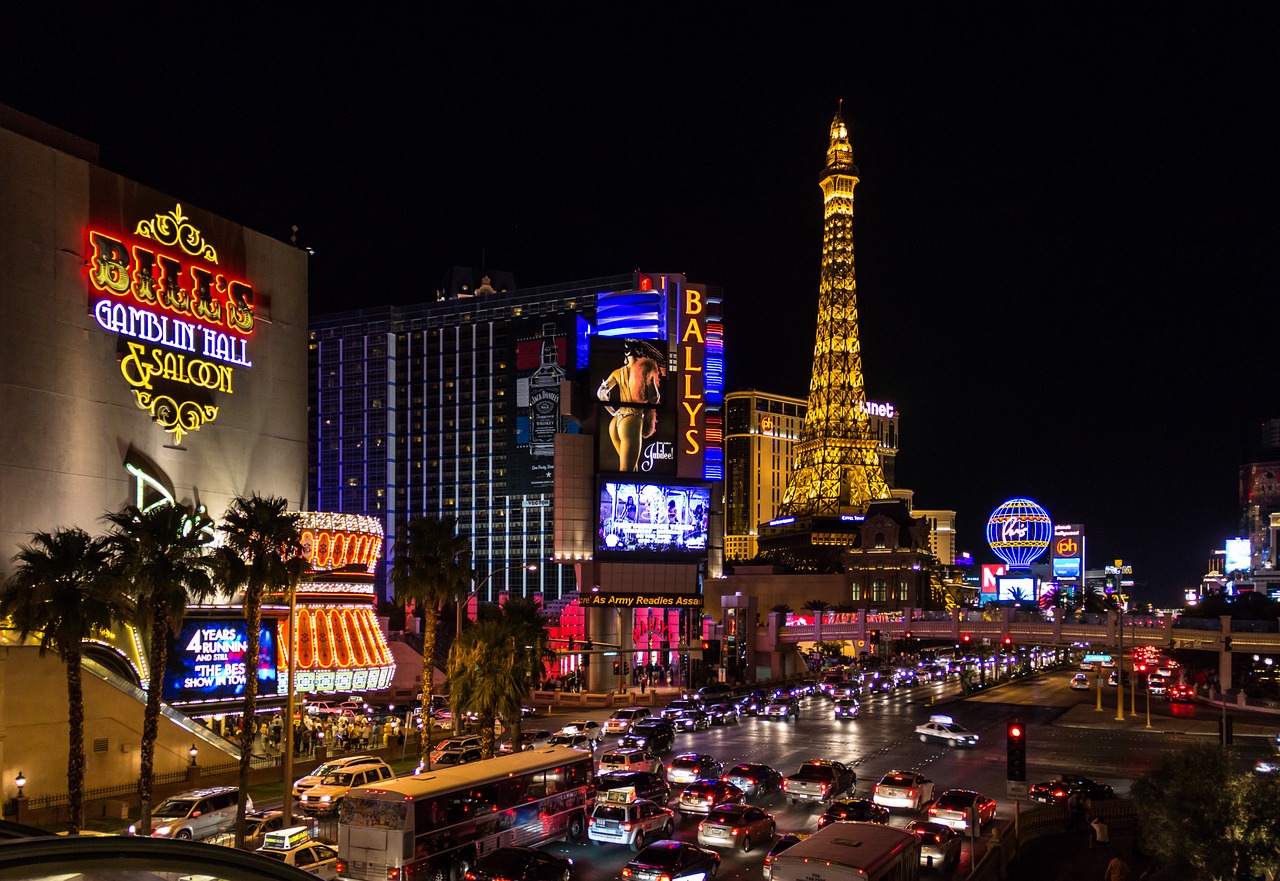Sustainable Travel: Demands and Behaviour
The topic of sustainability occupies a broad space in the public discussion and refers not only to everyday life, but also to holiday travel. The module will examine whether the constant presence of the topic actually has an impact on the sustainability of holiday trips. In addition, it will be examined which concrete demands potential guests have and how they would like to inform themselves about sustainable tourism offers.
The following questions are addressed in the module “Sustainable travel: Demands and behaviour”:
- What are the attitudes of holidaymakers towards ecologically and socially responsible holidays?
- How relevant is the topic of sustainability in the context of travel decisions?
- Have holidays and short breaks become more climate-friendly?
- What expectations do potential customers have of sustainable holiday offers?
- Where would holidaymakers like to find out about sustainable holiday offers?
Are you interested in more details about this module? Then contact us for a detailed module profile and a no-obligation consultation.
Reiseanalyse Module 2020









